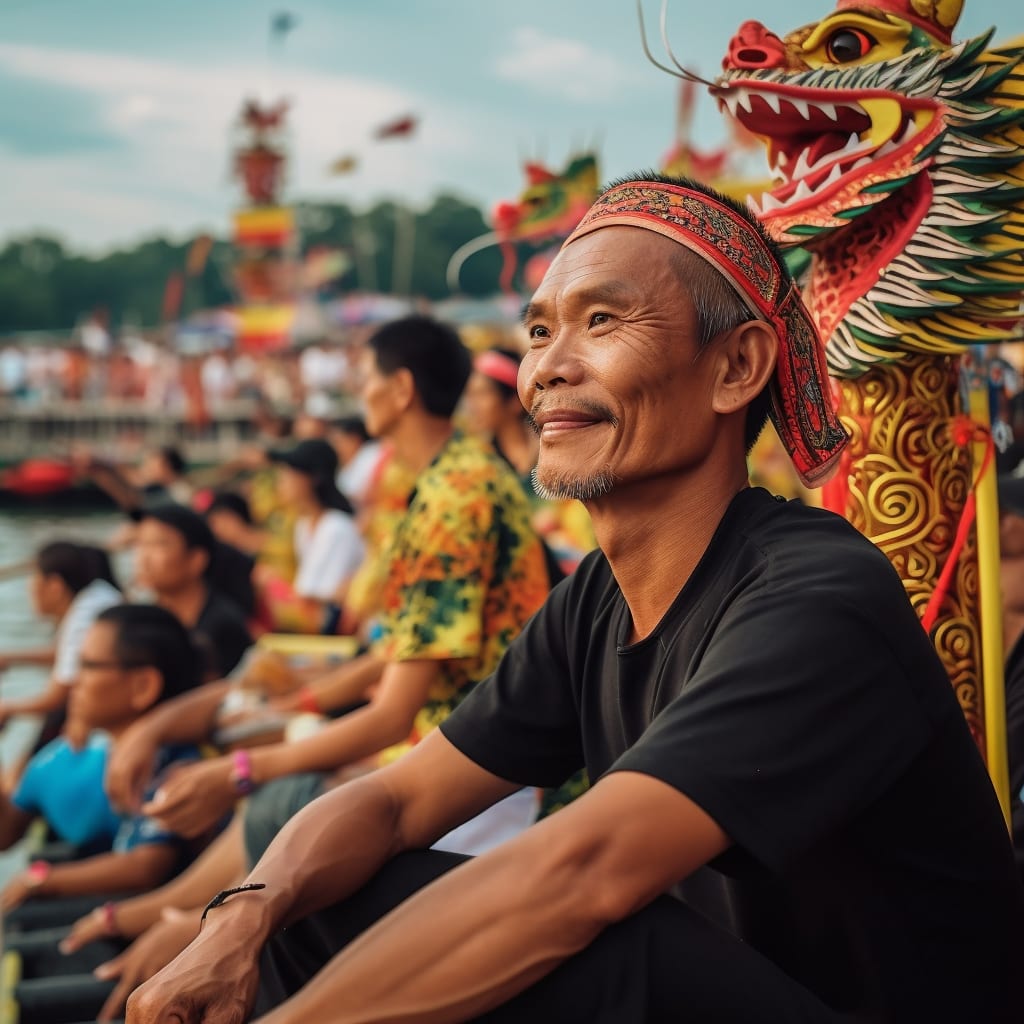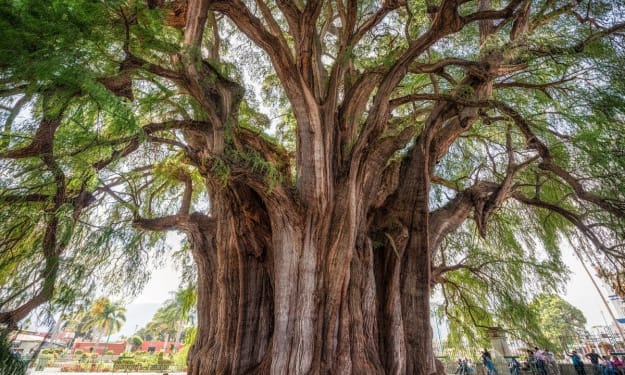
The Dragon Boat Festival, known as Duanwu in China, is a vibrant tapestry of tradition, tribute, and triumph. This annual celebration, held on the fifth day of the fifth lunar month, is steeped in centuries-old customs and captivating folklore. It is a festival that encapsulates the essence of Chinese culture, intertwining history, mythology, sport, and gastronomy into a spectacular celebration.
The origins of the Dragon Boat Festival are as intriguing as the festival itself. It is traditionally believed to honor the life and death of the famous Chinese scholar Qu Yuan, who lived during the Warring States period. Qu Yuan was a loyal minister who advocated for reforms in his home state of Chu. However, he was banished by the king due to the machinations of corrupt ministers. In despair, Qu Yuan drowned himself in the Miluo River. The local people, who admired him for his integrity and patriotism, paddled out in boats to retrieve his body. This act of collective remembrance and respect is considered the genesis of the dragon boat races.
Dragon boat racing is the most exhilarating aspect of the festival. Teams of rowers paddle furiously to the beat of heavy drums, their boats adorned with dragon heads and tails slicing through the water. The races are not just a thrilling sport but also a symbolic act of dispelling evil spirits and bringing good luck. The sight of dragon boats surging forward in unison, against the backdrop of cheering crowds, is a spectacle that embodies the spirit of community and competition.
The Dragon Boat Festival is also a culinary delight. The most iconic food associated with the festival is zongzi, sticky rice dumplings wrapped in bamboo leaves. These dumplings are often filled with a variety of ingredients, such as meats, beans, and nuts. Zongzi is more than just a delicious treat; it's a tribute to Qu Yuan. According to folklore, the dumplings were thrown into the river to prevent fish from eating Qu Yuan's body. Today, the making and sharing of zongzi have become a cherished tradition, a way of connecting with the past and expressing wishes for prosperity and protection.
The festival is also marked by various other customs. These include hanging up pouches of herbs to ward off disease, making silk pouches for good luck, and wearing colorful silk threads to fend off evil spirits. Each of these customs adds a unique thread to the rich cultural tapestry of the Dragon Boat Festival.
The Dragon Boat Festival is not just a Chinese tradition, but a global phenomenon. It has been recognized by UNESCO as an Intangible Cultural Heritage of Humanity, underscoring its universal value. Today, dragon boat races are held in cities around the world, from San Francisco to Sydney, transforming local rivers and lakes into stages for this spectacular sport. These international events foster cultural exchange, promote mutual understanding, and bring communities together, reflecting the unifying power of this ancient festival.
Moreover, the Dragon Boat Festival is a testament to the enduring appeal of folklore and mythology in shaping cultural identities. The story of Qu Yuan, with its themes of loyalty, sacrifice, and remembrance, resonates deeply with people, even in the modern age. It serves as a reminder of the importance of integrity, the power of the collective, and the enduring influence of the past.
The festival also offers a window into the Chinese philosophical worldview. The date of the festival, the fifth day of the fifth lunar month, is significant in Chinese cosmology. It is considered a potentially dangerous time when disease and disaster might strike. The customs associated with the festival, such as dragon boat racing and making zongzi, are ways to mitigate these risks and bring about good fortune. These practices reflect the Chinese philosophy of harmony between humans and nature, and the belief in the power of ritual to maintain this balance.
Furthermore, the Dragon Boat Festival is a time for family and community. It is a time when people come together to make zongzi, cheer on the dragon boat teams, and participate in the various customs. These communal activities strengthen social bonds and reinforce a sense of community identity. In this sense, the Dragon Boat Festival is not just a celebration of a historical event, but a living tradition that nurtures social cohesion and collective memory.
In conclusion, the Dragon Boat Festival is a vibrant celebration that transcends time and borders. It is a festival that honors an ancient past, celebrates communal spirit, and inspires a shared future. As the drumbeats echo over the waters and the dragon boats surge forward, they carry with them the rich tapestry of a tradition that continues to captivate and unite people, both in China and around the world.
About the Creator
Huatin OU
Originally from Western China,live in Saskatoon as a freelance writer. vibrant energy of this city fuels creativity, lending a unique flair to work. a fusion of Eastern roots and Western experiences, captures the magic find in everyday life






Comments
There are no comments for this story
Be the first to respond and start the conversation.